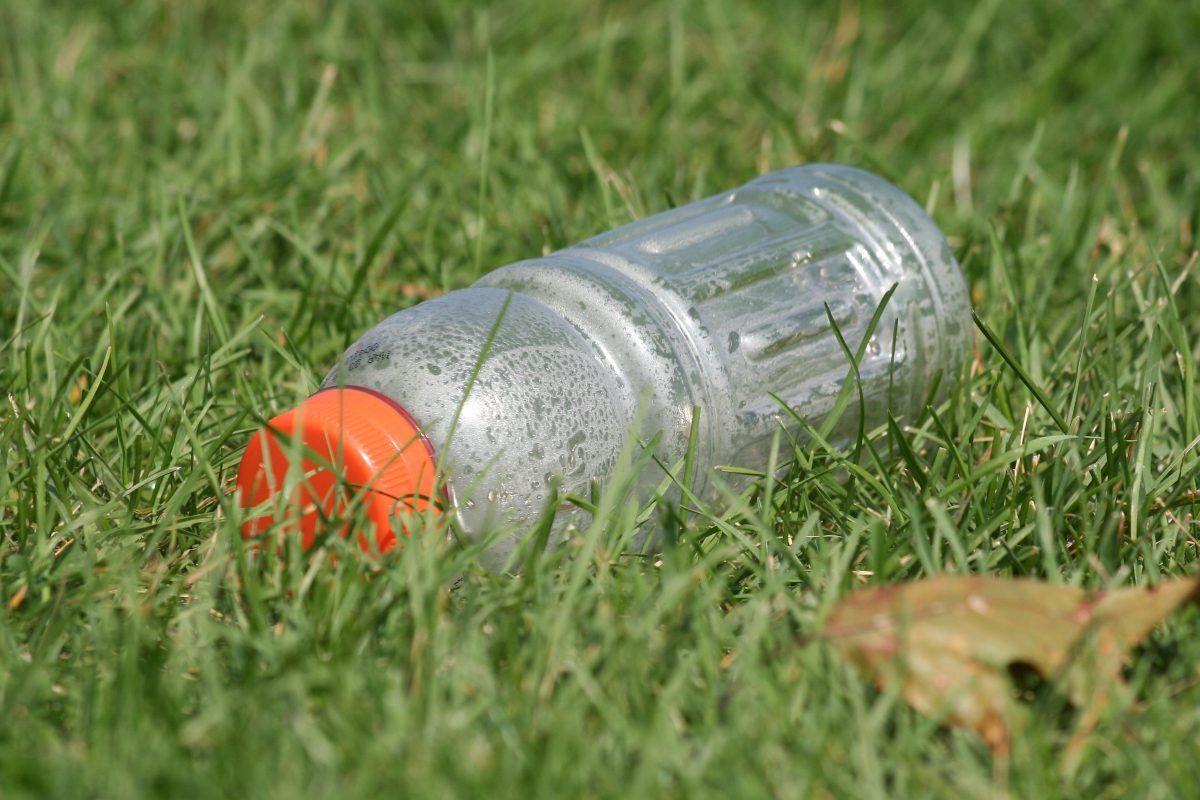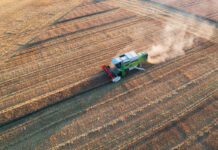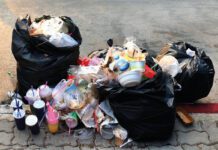
A new project from recycling charity RECOUP aims to develop a standardized, evidence-based methodology for collecting and analysing litter, creating a comprehensive data set.
The Litter Composition & Pathways Project (LCPP) addresses a gap in policymakers’ understanding of this complex and growing problem, paving the way for a more data-driven and effective approach to tackling it.
As RECOUP explains, current litter projects often face limitations in data collection methods, leading to a lack of consistency and reliability. Many studies rely on citizen science, which, while valuable, may not always provide the most reliable data.
“Peer reviewing of the methodology will ensure the reliability and validity of the collected data,” says RECOUP.
Artificial Intelligence (AI) has also been used to analyse the composition of litter and binned materials. As part of this project, RECOUP says it will be exploring the possibilities around this technology and its potential to be a highly efficient, highly effective option for generating scalable data on litter in the future.
What next?
At this stage, RECOUP has developed a draft methodology for litter collection and sorting, and this is now ready for testing and peer reviewing. Its work on analysing litter with AI has also completed its initial phase.
It is now establishing a dedicated “Litter Lab”, where it plans to conduct advanced analysis.
The group plans to collaborate with local litter picking groups. Once the methodology is finalised and the data is collected, it will be shared with the UK government, devolved administrations, and key stakeholders to inform and advise policy decisions. “The evidence-based insights gained from this project will aid in the development of targeted interventions to combat litter pollution effectively.”
“By establishing a standardized methodology RECOUP is paving the way for informed policy decisions and comprehensive litter management strategies.”
If you would like to contribute to the project, please email: enquiry@recoup.org.







